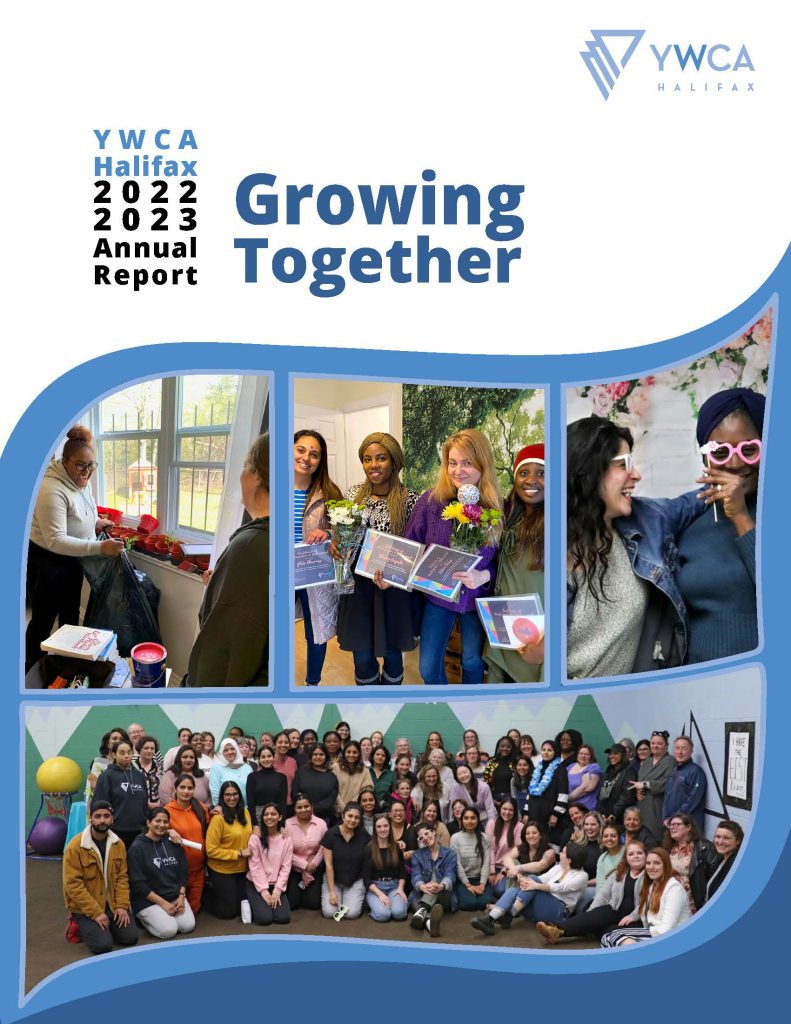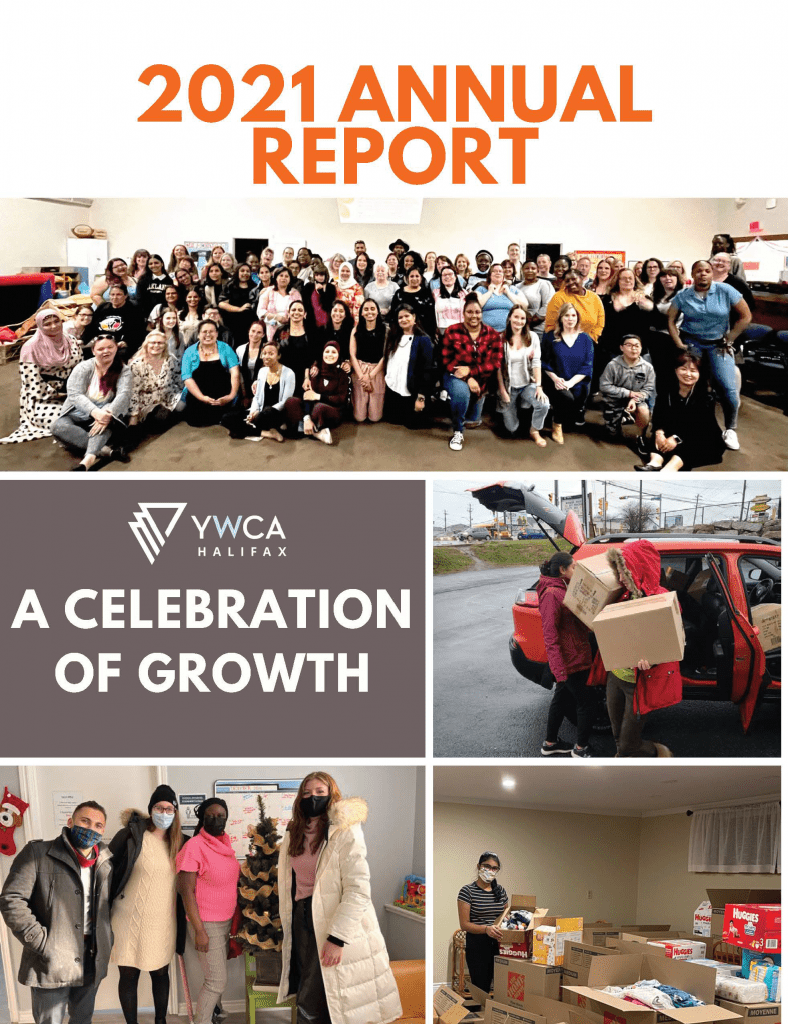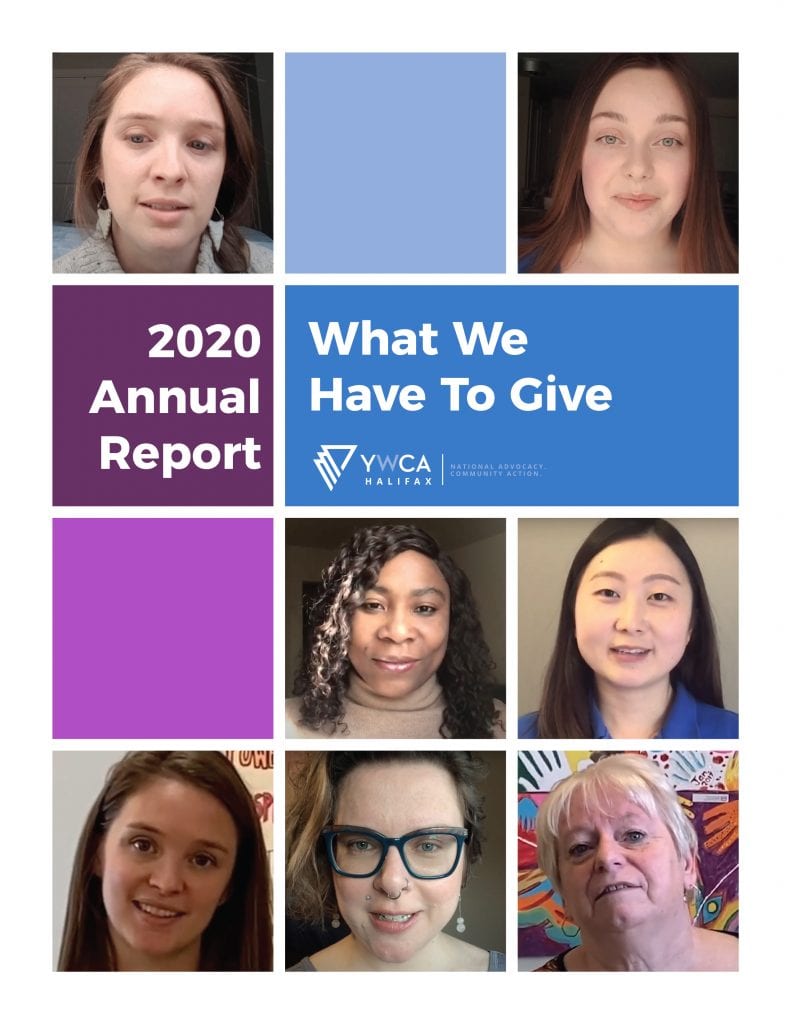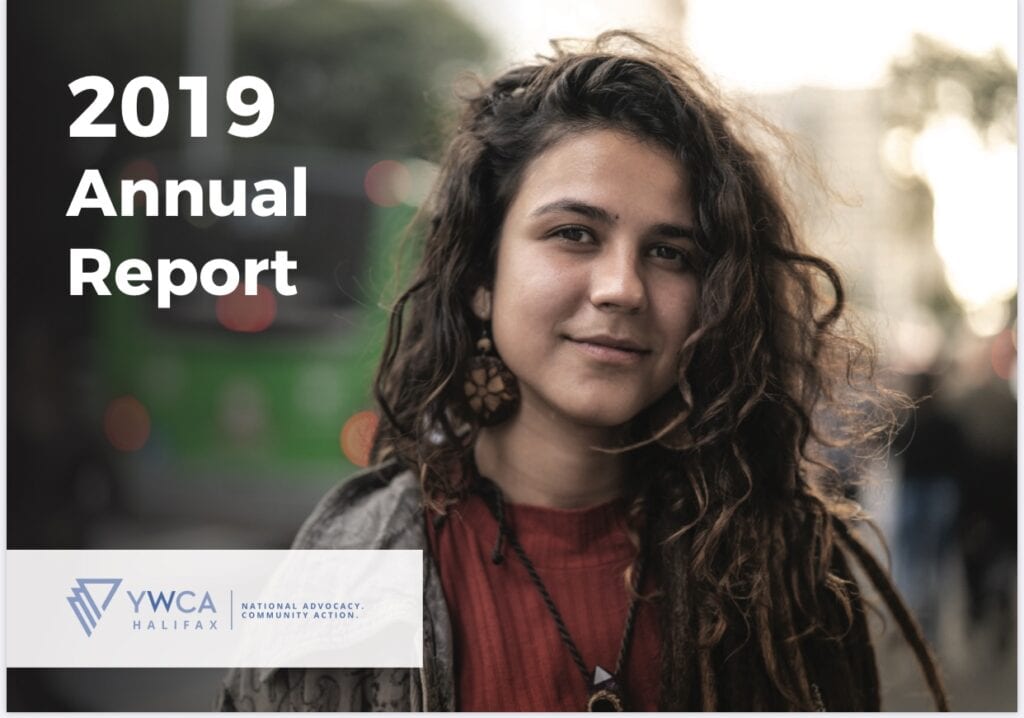The Trafficking and Exploitation Services System (TESS) and Girls Against Trafficking and Exploitation (GATE), are joined in advocacy to support the 2SLGBTQIA+ community. In recent months, across Canada, we have seen a concerning rise in anti-trans sentiment. A common theme that has risen from this dialog is the belief that members of the 2SLGBTQIA+ community and their allies are grooming children through our school curriculums and in other public settings.
The term “grooming” refers to a process of trust building, manipulation, and coercion with an underlying intention to sexually exploit or abuse another person. The weaponization of such weighted language against the entirety of the 2SLGBTQIA+ community is increasing their risk of experiencing discrimination and violence. Not only is the misuse of this language extremely harmful and egregious, but also poses a threat to our collective understanding of what grooming is, its existing pervasiveness Canada wide, and our efforts to prevent it. TESS and GATE are joined in concern for the impact this misuse of language is having on the safety of children and vulnerable populations in Nova Scotia, and across Canada.
TESS and GATE, through their research, experience, and front-line work with survivors, know that grooming is a core component of the tactics used to sexually exploit and traffic people. Grooming and luring techniques are used to successfully gain control over a vulnerable targets life prior to recruiting them into the sex trade or into a sexually exploitative dynamic. It is also common to see grooming employed within violent intimate relationships as an element of power and control seeking behavior. For survivors and experts on the matter, grooming manifests as an easily identifiable pattern; grooming involves meeting a vulnerable person needs through attentiveness, promise making, and love bombing to create dependency and closeness with a clear and demonstrated intent to assert control. Grooming is associated with a broader issue of gender based and patriarchal violence, and thus, the misuse of the word “grooming”, and its weaponization against the trans community, poses a direct discreditation to the work of agencies and individuals that are diligently battling systemic oppression and advocating for survivors, many of which are members of the 2SLGBTQIA+ community themselves.
Although anyone can either perpetrate or be victimized by trafficking, sexual exploitation, or intimate partner violence, we know through research conducted by TESS in Nova Scotia that over 98% of victims of commercial sexual exploitation are women, girls, or gender diverse, and that 30% of victims are members of the 2SLGBTQIA+ community. When TESS studied the risk factors for trafficking, it was identified that both gender inequity and experiencing discrimination created vulnerability and increased risk. This is to say that the discrimination experienced by 2SLGBTQIA+ individuals increased their risk of experiencing grooming within their lifetime. IPV survivors are also predominantly women, with 2SLGBTQIA+ women being twice as likely to experience this form of violence. Safe, inclusive spaces, and education delivered through a gender inclusive lens, create protective factors against grooming and exploitation.
2SLGBTQIA+ youth, and all youth, deserve to go to school and engage in community spaces that are equitable, inclusive, and free of discrimination. All youth benefit from early education on healthy relationships, consent, bodily autonomy, and age-appropriate sexual health. It is not considered grooming to provide youth with education on these topics, and because these topics are deeply connected to the systemic oppression of women, girls, and gender diverse people, it is essential that this education is delivered through an inclusive lens that considers how gender may impact a child’s experience. Many components of the Nova Scotia Health Education curriculum, for example, were designed to provide foundational knowledge to children which might keep them safe from exploitation or violence. TESS and GATE would advocate that anti-exploitation material should be taught at even younger ages and in greater depth than is currently written into curriculum.
It is the stance of TESS and GATE that the misuse of the term “grooming” toward trans people is unmistakably transphobic. It is founded in harmful stereotypes and its misuse contributes to the unsafety of the 2SLGBTQIA+ community. Confusion around the meaning of this word will undoubtedly decrease our capacity to identify and prevent actual instances of grooming. In December of 2023, the Ontario Supreme Court of Justice ruled that “perpetuating such stereotypes and myths about members of the 2SLGBTQI community is not public interest speech.” This ruling demonstrates an important reminder; while we each have freedom of expression, not everything freely spoken is free of consequence and impact. Language matters, TESS and GATE encourage the public, businesses, non-profits, and government agencies to stand in solidarity with the 2SLGBTQIA+ community. It is important that we stand together in upholding the human rights of one another, as well as to protect access to essential education on gender, sexual health, and healthy relationships for youth.
In solidarity, we stand invested in the safe and bright futures of all youth.
Stephanie Atwood, GATE
Kylee Nunn, TESS
Signatures of Solidarity
- YWCA Halifax, Nova Scotia
- Elizabeth Fry Society of Mainland Nova Scotia, Nova Scotia
- The Peoples’ Counselling Clinic, Nova Scotia
- Our House Youth Wellness Centre, Nova Scotia
- Be The Peace Institute, Nova Scotia
- Pictou County Women’s Resource and Sexual Assault Centre, Nova Scotia
- Adsum For Women and Children, Nova Scotia
- The Youth Project, Nova Scotia
- Cape Breton Transgender Network, Nova Scotia
- Nova Scotia Intersex Support Network, Nova Scotia
- SEXEDUCATE Collective, Nova Scotia
- Chroma: Pride, Inclusion, Equality, Inc., Nova Scotia
- Halifax Sexual Health Centre, Nova Scotia
- Sexual Health Nova Scotia, Nova Scotia
- Cape Breton Youth Project, Nova Scotia
- Society of Queer Momentum, Canada
- Wisdom2Action, Canada
- Affirming Connections, Alberta
- Rabbi Dr. Nachshon Siritsky, Spiritual Leader
- Diverse Roots Therapy, Nova Scotia
- Healthy Minds Cooperative, Nova Scotia
- Antigonish Women’s Resource Centre and Sexual Assault Services Association, Nova Scotia
- Women Centres Connect- Provincial Association of Women’s Centres, Nova Scotia
- South Shore Sexual Health, Nova Scotia
- Tr-County Women’s Centre, Nova Scotia
- Southwest Nova Pride Association, Nova Scotia
- Every Woman’s Centre, Sydney, Nova Scotia
- Shea O’Bertos Registered Psychologist, Nova Scotia
- UndercurrentYC, Nova Scoita
- Nova Scotia Society of Occupational Therapists, Nova Scotia
- Pride Cape Breton Society, Nova Scotia
- Avalon Sexual Assault Centre, Nova Scotia
- Naomi Society, Nova Scotia
- Dr. Lisa Lachance, MLA, Halifax Citadel-Sable Island
- Gary Burrill, MLA, Halifax Chebucto
- Second Story Women’s Centre, Nova Scotia
- Welcome Housing and Support Services, Nova Scotia
- Suzy Hansen, MLA, Halifax Needham
- The Floatation Centre, Halifax
- Peer Outreach Support Services & Education (POSSE), Nova Scotia
- Nova Scotia College of Social Workers, Nova Scotia





